Jack was not my easiest kid to homeschool. Not by a long shot. I think I figured out somewhere in his second year that I wasn’t going to be able to maintain status quo with this one, but it took me a lot longer to actually bend in my own habits and perceived notions of what learning looked like.
One of my biggest a-ha moments in homeschooling came when Jack was 8 and still showing no signs of being interested in reading. We had just returned from yet another disappointing library trip, where my two older children came home loaded down with as many books as their bags could carry. Jack’s library tote was heavy, too— with a massive coffee table book of Jackson Pollock paintings and two thin CVC readers. I sighed as I unloaded his selections onto the library shelf. All he wants to do is look at art books, not actually read, I moaned inside. And it was true. Any lesson with Jack at all had to be less than ten minutes in length, and usually ended in my wondering if someone else could do a better job. All the kid was interested in was art, artists, and making things.
Somehow, in that moment, I finally listened to my own inner dialogue through the filter of the Holy Spirit. God had given me a child with an eye uniquely his own. He simply saw the world in a way that I did not— in a way that none of my other children did, either. No wonder my way of luring him into the world I defined as learning wasn’t working. He wasn’t created to walk that path.
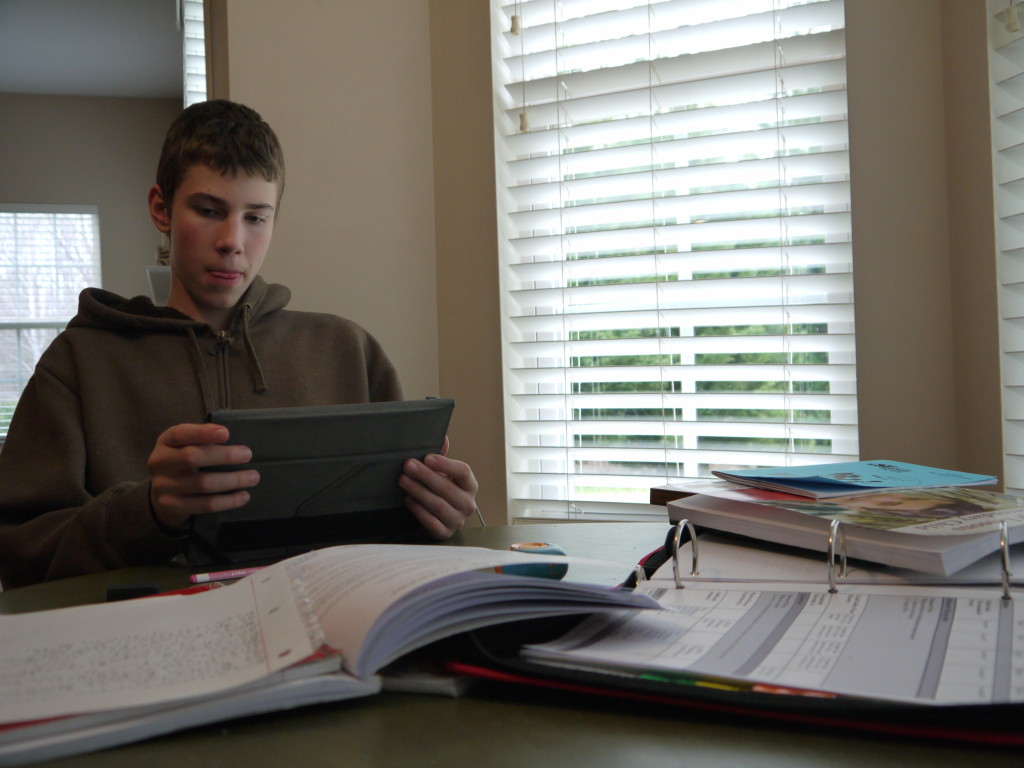
I radically overhauled what “school” looked like for Jack that week. Instead of tedious phonics drills, he got long stretches of time at his little easel, where he burned through reams of paper experimenting with watercolors, tempra, pastels. I ditched the beautifully illustrated, classical primers I had been boring him with and instead taught him to sound out words in the art tomes he brought home each week. Jack learned diphthongs via the titles of works by Van Gogh and Munch, Dali and Kandinsky. One afternoon, when he was on the verge of solo reading but hesitating to take the deep dive, I announced that no, I would not read the captions from his new volume on Frank Lloyd Wright’s architecture to him. Miffed, he took it to him room and didn’t emerge until just before dinner. He came out and spent the bulk of the meal telling us incredible details of Fallingwater, which he had painstakingly worked through on his own. He was 8.
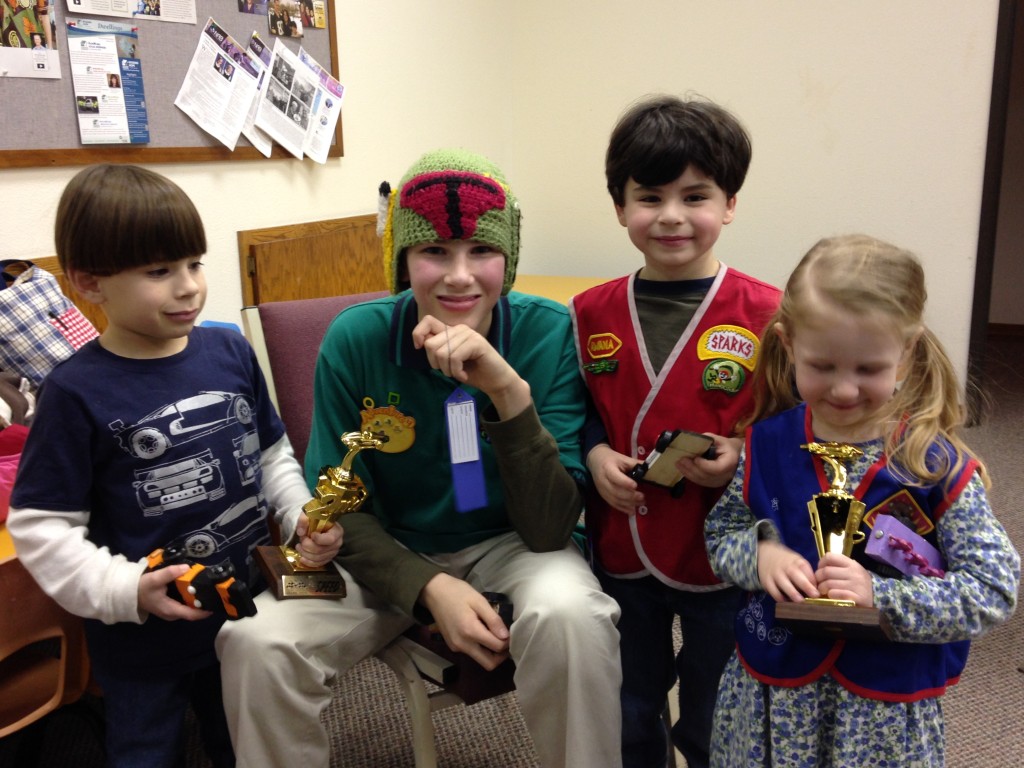
Math, however, was always a different story. Again, Jack didn’t fit the mold. This time, though, it was because of his spectacular ability to work complex calculations in his head from a very young age. Our first go at a math book— Singapore— was a decided failure. Jack had mastered every foundational math concept except analog time telling by the time he was 9. Unsure of what to do next, we simply kept moving forward, butting heads every few weeks or so when I insisted that no matter that he got the correct answer, he still had to write down the process so I could see what he was thinking. He still chafes at this, but since he’s going to be seeking a degree in mathematics, that’s now his professors’ problem, not mine.
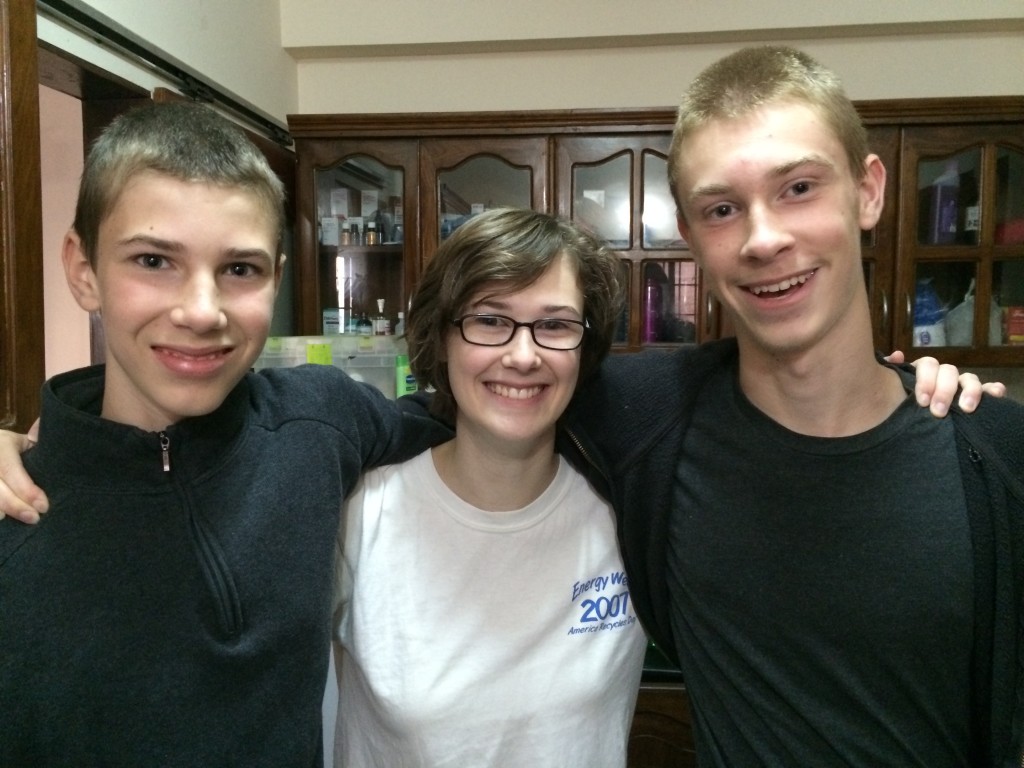
Over the years, Jack taught me to trust the process. Homeschooling Jack has never been neat, or fit easily into any scope and sequence.

When he happened upon a concept that intrigued him, he learned it, in its entirety, and more thoroughly than I could have ever planned out via a formal, guided lesson.

Does he have gaps? Most certainly. Jack loathes Medieval History (“Not relevant.”), and is not a fan of any poetry written before the mid-20th Century (“Boring.”). Biology holds no interest for him whatsoever, and he’s forgotten nearly every bit of French he learned (“Useless.”). Diagramming sentences is not something he can do. Can’t or won’t, I really cannot say. I surrendered that battle when I saw his ACT score in English and Reading and realized my work there was more than sufficient.
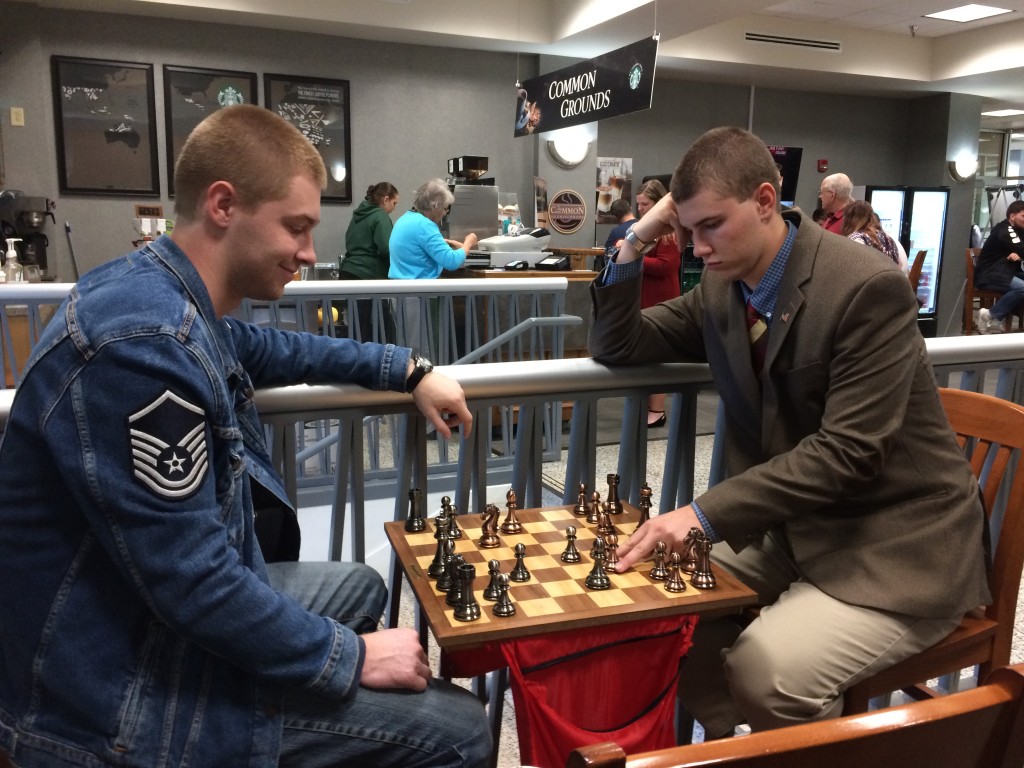
But hand him the raw materials and he will, in the course of a single afternoon, handcraft a model rocket that is both functional and elegant. He will then use various formulas to calculate its projected launch height, and offer an opinion on the chemical composition of fuels that will give you the most bang for your buck, so to speak.
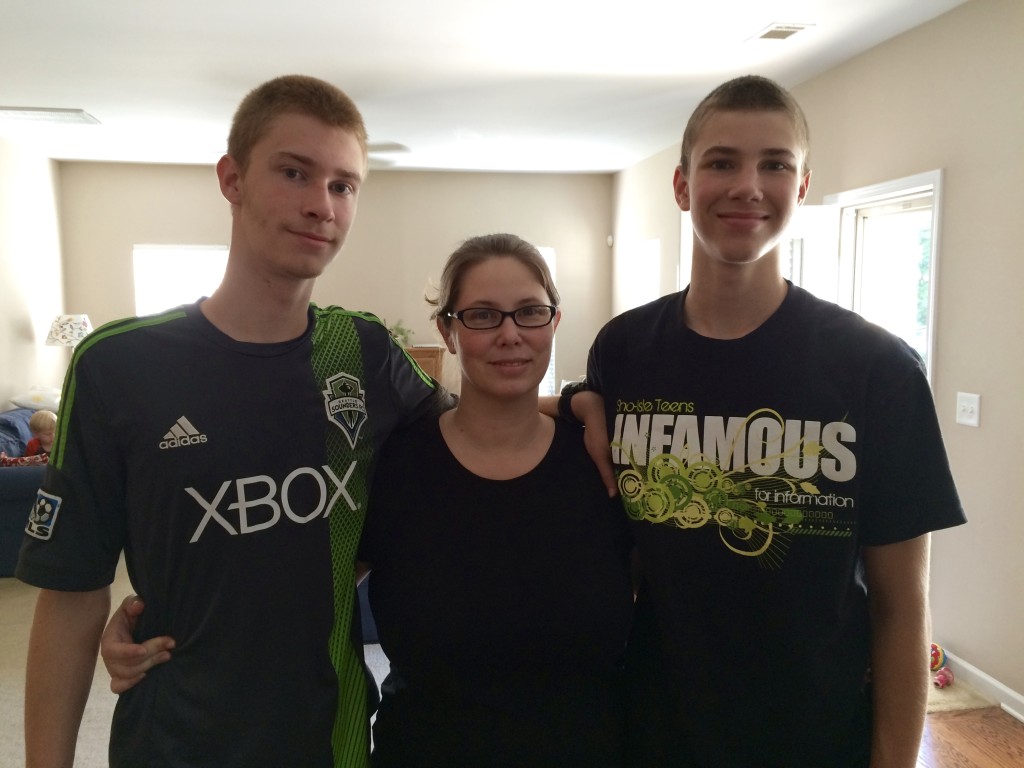
Most of homeschooling Jack has been like that: offering the tools, setting the stage, and letting him do his thing. It’s not always been easy. There have been plenty of tug of wars over the best use of time, and the worthiness of pursuits— on both our parts.

And truthfully, much of the last three years has been spent with Jack learning more outside the walls of our homeschool than in. Civil Air Patrol opened doors to leadership, aerospace, government, engineering, management, writing, science, analysis, and character development that have taken his education places that never could have happened here at home, or in a school classroom. Add to that his college dual enrollment courses and, well… he soaked in so much more than I had planned when I started charting out his high school years.
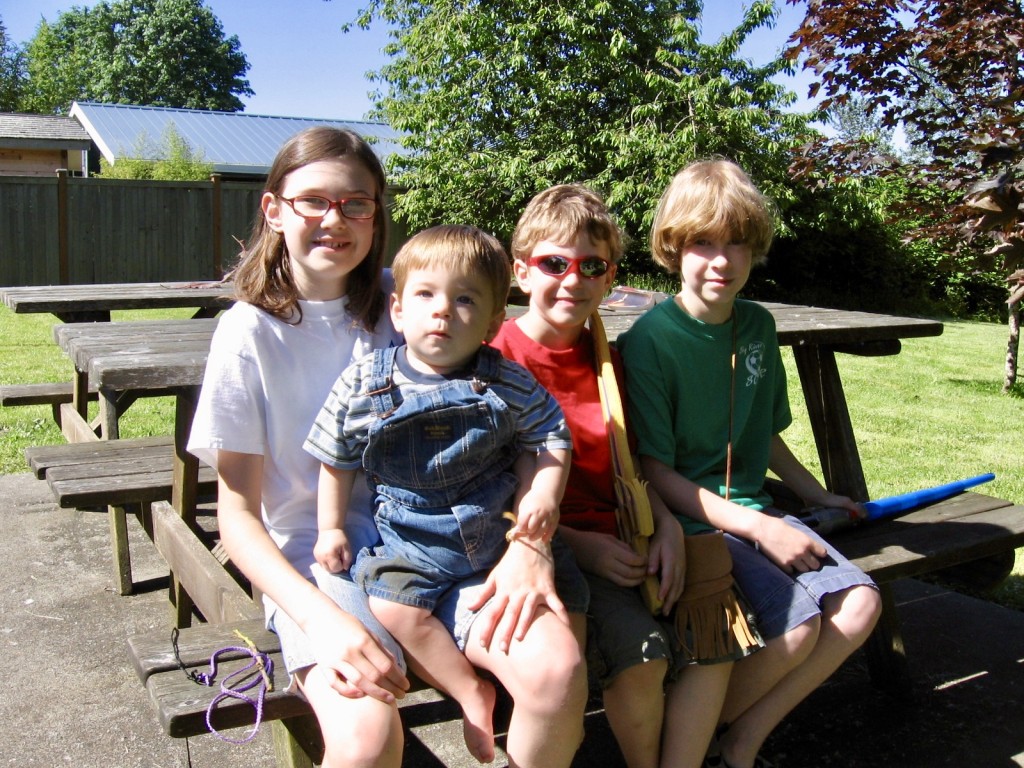
Homeschooling Jack taught me that there is no one right way to do this “school” thing.
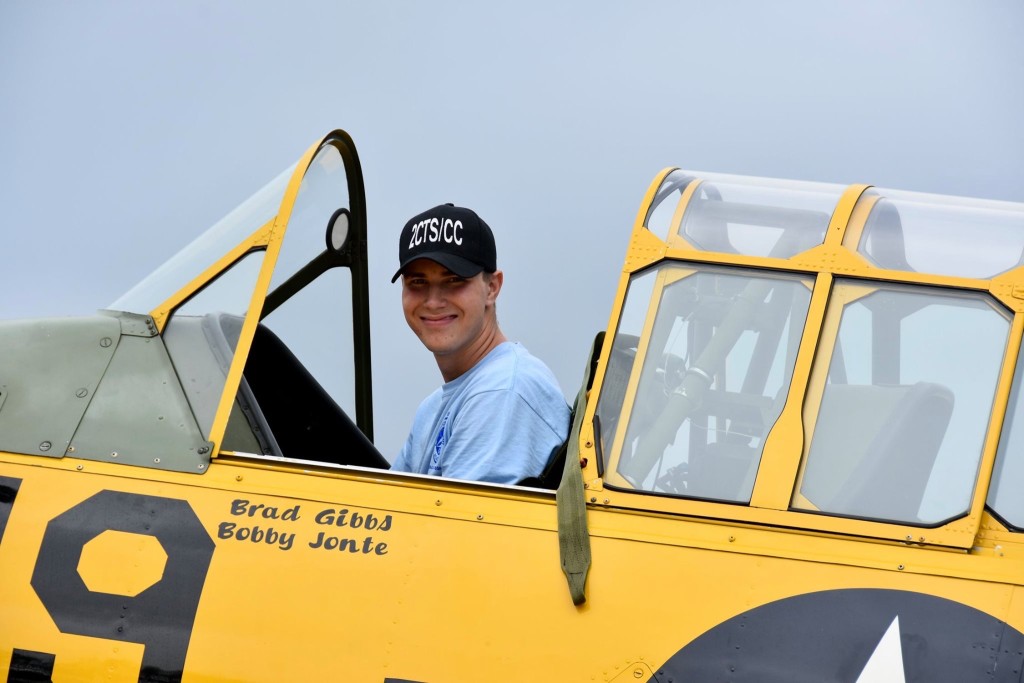
There is no single definition of how this looks, or what it involves.
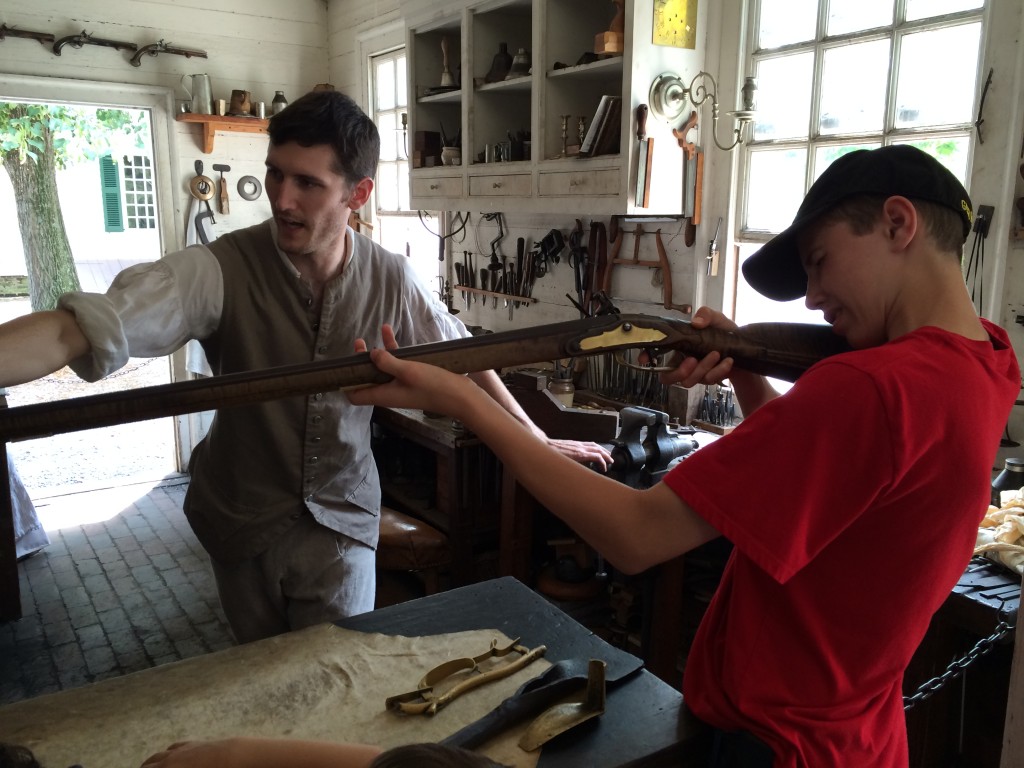
Those step-by-step, incremental learning rubrics? They’re rubbish. Truly.
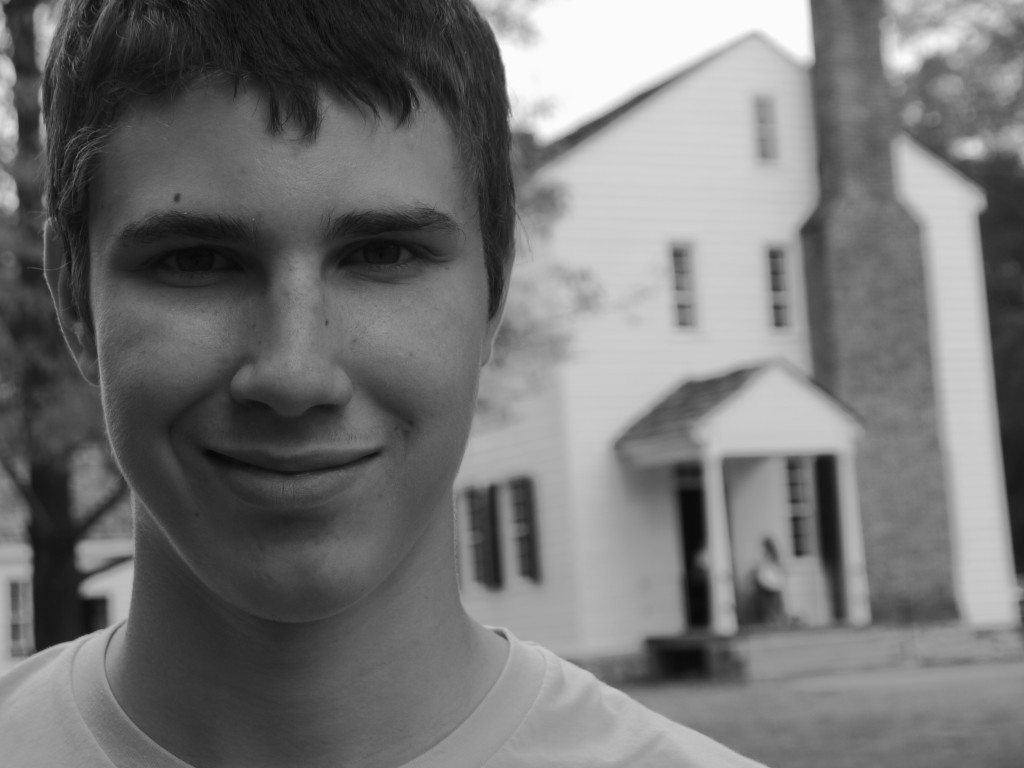
A curious child put in the way of excellent resources in an environment where education is valued, supported, and expected will learn. Maybe in fits and starts. Maybe with a mom somewhere in the corner chewing her nails and wondering if she was wrong, and this experiment is going to prove to be a huge failure.

But we made it. Both of us. Jack has graduated. And I am most proud to say that he leaves behind his homeschool years with all of his curiosity, his ingenuity, his passion, his tenacity, his creativity, and his drive fully intact and untamed. God created Jack to be a unique voice in this world, and I have been humbled daily to realize that I was given such a soul to shepherd here for a time. The Lord has huge plans for this young man, and I am honored to have played a part in setting the stage for what comes next… and am grateful for the lessons I’ve learned.